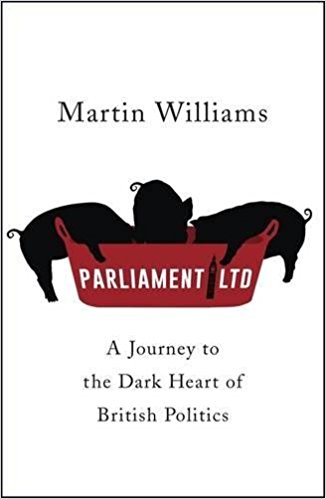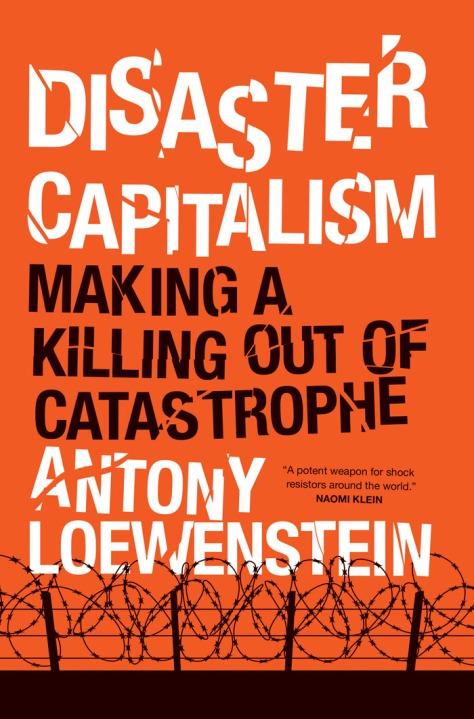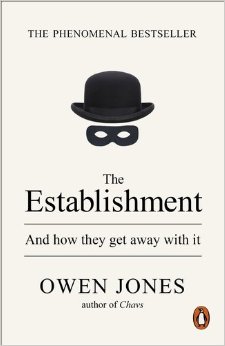I have a strong interest in politics and I enjoy reading well researched and informative books so Martin Williams ‘Parliament Ltd: A Journey to the Dark Heart of British Politics’ sits very well alongside books that I have previously enjoyed including George Monbiots ‘Captive State’ (review here: http://tinyurl.com/zevxd7g) and Paul Mason’s ‘Postcapitalism’ (review here: http://tinyurl.com/grg36v8) as well as James Rickard’s ‘The Death of Money’ (review here: http://tinyurl.com/y9zfj6tf) and I would recommend that you hunt out and read both. In ‘Parliament Ltd’, Williams sets out to investigate the financial affairs of MPs, who they work for (besides us) and how much they are paid to do so. It examines the arguments both for and against MPs having second jobs and also looks into the influence that these might have on the way that MPs vote. It is an indictment of our political system that Martin had to invest time and money to research this information which should be freely available for public consumption and this only adds to the feeling that politicians have something to hide.

‘Parliament Ltd’ makes it clear that, even if Parliament cannot be expressly accused of corruption (despite the best efforts of the author to find some!), the way in which MPs are allowed to work second jobs fosters the perception that they might be less than honest especially when allowed to speak on matters that directly affect those who employ them. It also states that a great many MPs, whom the author spoke to, have an entitled attitude that prevents change from occurring in a system so desperately in need of this change. MPs even seem to be resentful of what limited has improved since the expenses scandal (you’d think they’d want to stop that happening again!) and are resistant to anything that might prevent them from being seen in this light. They can claim for meals they might need following a vote in an evening, even if their residence is around the corner, clearly annoyed the writer and costing the public money that really needn’t be spent and this is only one of the ways in which we subsidise their living (Parliamentary canteens and bars are insane for this!).
Parliament Ltd is a thoroughly enjoyable read, a book that covers a dense subject in an accessible and enjoyable way with a light (though sometimes also angry) tone that facilitates a rapid read. It is well researched and I would recommend it to anyone with an interest in politics and how our political system got to the point that it currently stands at with trust in the system and MPs continuing at a low ebb. It also makes the case that change is still desperately needed but without pressure from within the system to push thing this is unlikely to happen. I suspect that another crisis such as the expenses scandal or the collapse of our two major political parties would need to occur for anything to actually come of this and I guess we shall see.
‘Only an atheist can help God save the world’ now has TWELVE reader reviews with an average of 4.4 stars and is available from all electronic retailers including Amazon UK here: http://tinyurl.com/pgjd68z. The sequel, ‘Jesus Returns: here he comes again’, will be out soon! Also check out my other “Rambling” blogs posts for articles on being an indie author, comics, politics, and reviews of books and movies! Finally, follow me on Twitter @onlyanatheist1. Cheers!










